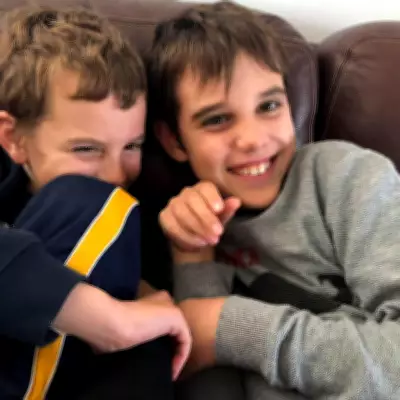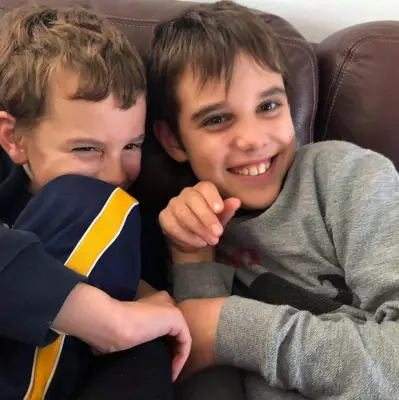
The joyful world of a young Queensland family was shattered when their vibrant toddler began to inexplicably lose the skills she had already mastered. Saylah Moylan-Starkey, from near the Whitsundays, was a happy and cheeky one-year-old until her parents, Arron Starkey and Tess Moylan, noticed a sudden and alarming change in June.
A Devastating Regression
Saylah suddenly stopped responding to her name, ceased speaking, and no longer used her hands purposefully. Her condition rapidly worsened, prompting numerous frantic hospital visits and desperate attempts by her parents to secure an urgent paediatric referral. Despite their clear concerns, it took months for a doctor to finally deliver the crushing diagnosis: Saylah has infantile Batten disease.
This fatal genetic disorder primarily attacks the nervous system, affecting roughly one in every 100,000 children. It typically manifests around 18 months of age, causing a progressive and irreversible loss of nerve cells in the brain. According to medical resources, there is no cure, and most children with the condition do not survive past mid-childhood.
A Race Against Time for Treatment
Holding onto a final thread of hope, Saylah's parents pursued an experimental trial in the United States. However, as family friend Marnie Marshman explained, the disease had already stolen too much from the little girl. Saylah's condition had regressed too far for her to be accepted into the program, which required her to be able to stand, even with support.
"No matter how much help she got from physiotherapists, chiropractors and exercises at home, (the disease) wouldn't let it happen," Marshman said. "It just takes, takes, takes and never gives back even an inch."
The delays in getting a doctor to take her symptoms seriously were described as demoralising for her parents, who celebrated Saylah's second birthday on November 15 amidst the ongoing crisis. Marshman recounted a period where Saylah was vomiting everything, including food, water, and medication. After being given a nausea wafer at the hospital and sent home, she would immediately begin vomiting again.
"They had taken Saylah to the hospital six nights in a row during this time ... she had not had any bowel movements for nine days," Marshman said. Despite the parents' persistent pleas, they were repeatedly told their daughter was fine and that her symptoms were normal. "They treated her like she was overreacting," she added.
The Unrelenting Toll of a Rare Disease
Marshman remembers Saylah as a child with a "pure, bright little soul," who was always happy and cheeky. Her regression, however, is rapid and unforgiving. "Every day is so different from the day before," Marshman noted. The toddler now suffers from constant muscle spasms that make it nearly impossible to hold her, and it is feared she has lost her sight and hearing during a recent hospital stay.
The emotional and physical toll on her parents is immense. "They're completely exhausted," Marshman said, explaining that they take turns staying up all night with Saylah. "They don't complain even when they have every right to. This is the hardest thing I have ever seen but it is also the most powerful love I have ever witnessed."
To support the family with mounting medical bills and travel expenses, another friend, Tina Court, launched a GoFundMe campaign in October. The fundraiser describes Saylah as a "one in a million" little girl who captures the heart of everyone she meets, aiming to make a difference in her life.





